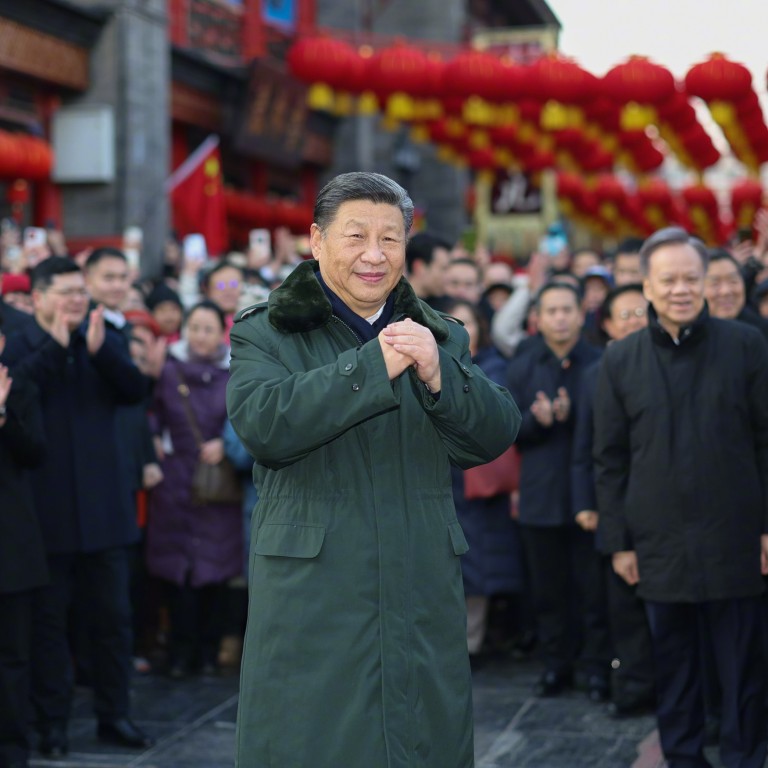
Anti-corruption drive also a way to promote discipline in the party
- The campaign against graft promotes discipline through enforcing rules at all levels of the party, and pushes cadres to implement Xi Jinping’s policy priorities without quarter
China’s drive to root out corruption and bolster discipline in the Communist Party under party chief Xi Jinping shows no sign of letting up.
Last year, 110,000 officials from the local level to the upper echelons faced disciplinary action for violating Xi’s hallmark “eight rules on official conduct”, part of his relentless drive to clean up the party.
According to the party’s anti-corruption body, that’s a 13 per cent increase in cases over the previous year, when Xi cemented another term as party chief.
Xi earlier had hailed an overwhelming victory against corruption. But early in January, he signalled the job was not yet done, urging the commission to persevere and break China out of its historic ebb-and-flow cycle of corruption.
To some Western critics, Xi is simply using an anti-corruption push in a power struggle to settle scores and eliminate political opponents, and it will go away once he consolidates power, a practice not uncommon in party history.
China’s anti-corruption watchdog says it targeted 110,000 officials last year
To be sure, there have been signals that the party will no longer even spare retired leaders from disciplinary scrutiny. But Xi has deeper motivations.
Corruption has been a perennial problem. Former party chiefs, including Jiang Zemin, who faced his share of intra-party jockeying, used to warn that it could lead to the downfall of the party.
Today Xi appears more secure in his position than predecessors, having just been anointed to a third five-year term as party chief in 2022, after the elimination of term limits.
What’s more, his campaign is broader than fighting corruption – it is about promoting discipline through enforcing rules at all levels of the party, and pushing cadres to implement his policy priorities without quarter.
The rules crack down on things as mundane as receiving expensive gifts, money or attending lavish meals and celebrations – an annual danger around Lunar New Year. There were 40,000 such disciplinary violations last year.
Other rules target policy violations and dereliction of duty, including failing to implement development or environmental protection policies, two of Xi’s top objectives. Cleaning up and instilling discipline is clearly a core conviction for Xi.
The official People’s Daily has warned the party faced “old and new problems” and that enforcing discipline among the cadres would be a “long and arduous process”. Its list of offences did not include launching power struggles, but the more pedestrian “four dangers” of lax discipline, incompetence, disconnect with the people, and corruption.
Given China’s size and population, there is no magic solution to root out graft. But with Xi pushing to prevent corruption and build checks and balances in a one-party state, we can expect party discipline to remain the mantra for the foreseeable future.

